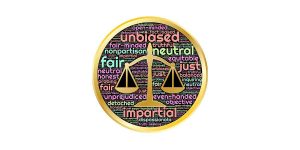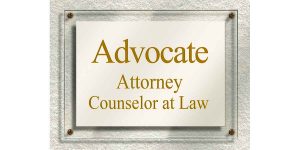
Why Review Estate Planning Strategies Regularly?
Creating an efficient estate plan is not enough. You must keep reviewing how it is impacting and making certain alterations if required. Reviewing and upgrading to make it more effective is an integral part of estate planning. You should be attentive about those factors which can quickly change your plan and update them. The other reason is to build the plan in such a way that hits your goals. It should also minimize taxes as well. Thus, make the necessary changes to achieve that. Instances that lead to upgrade the estate planning There could be several circumstances where you feel the urge to change the plan. It is for making it efficient in every way possible. Suppose you have mentioned











